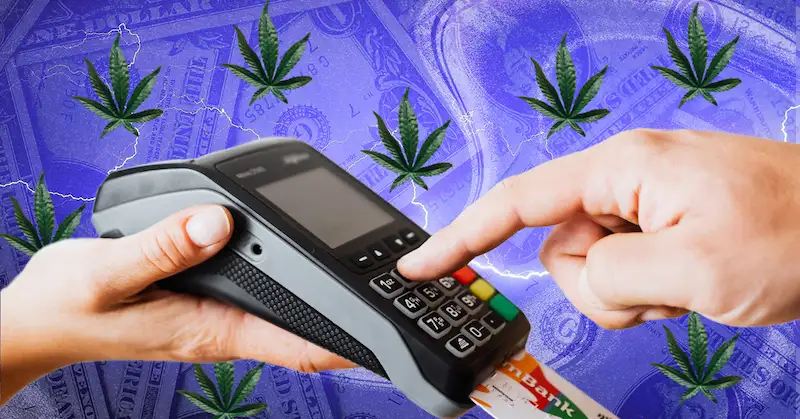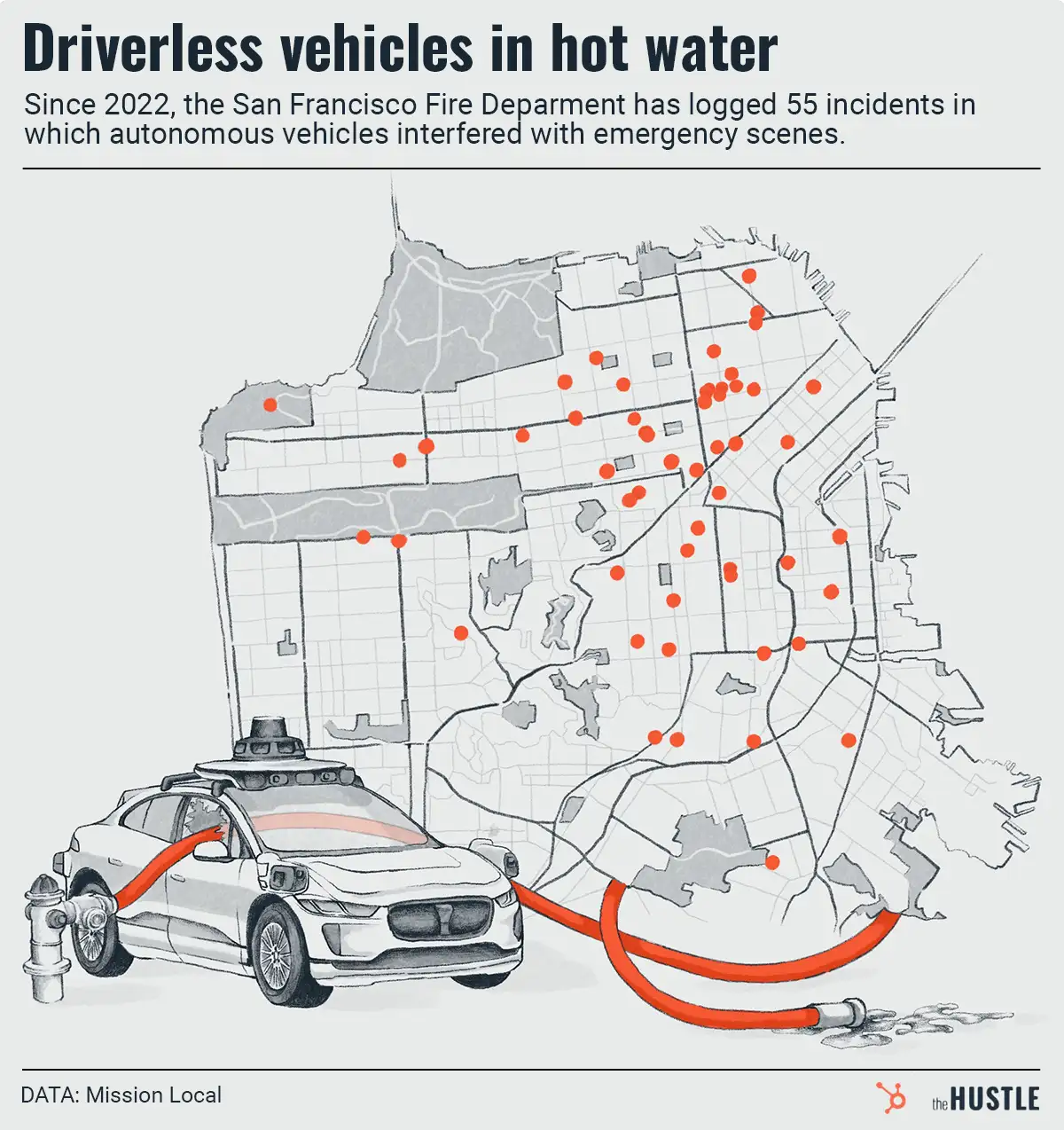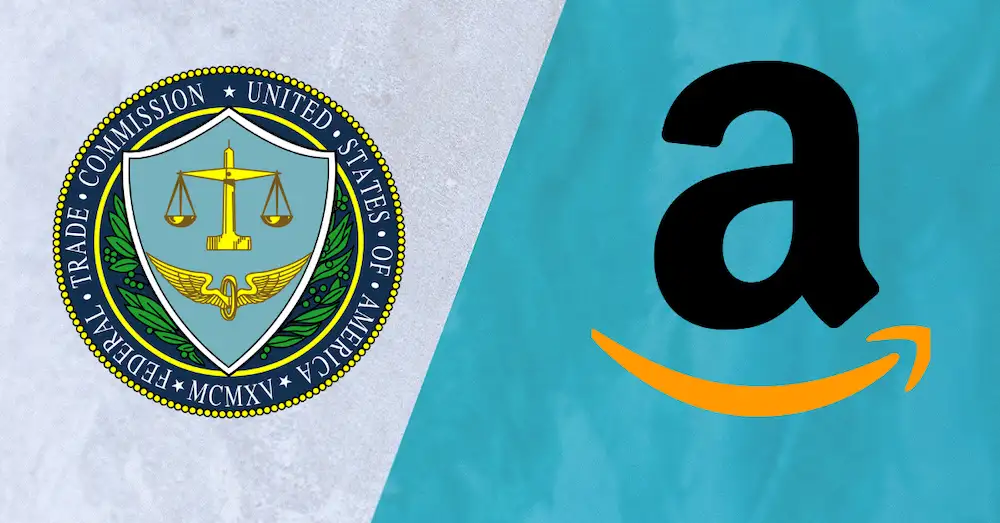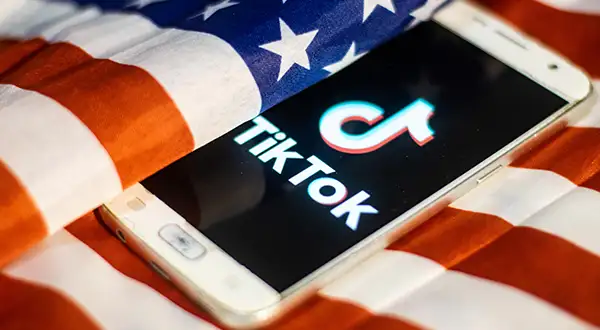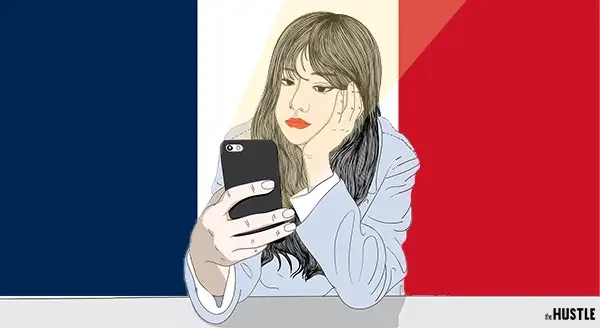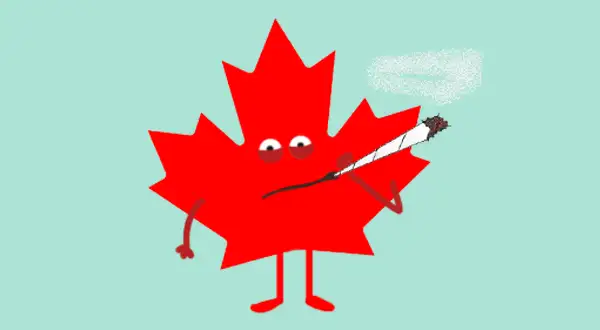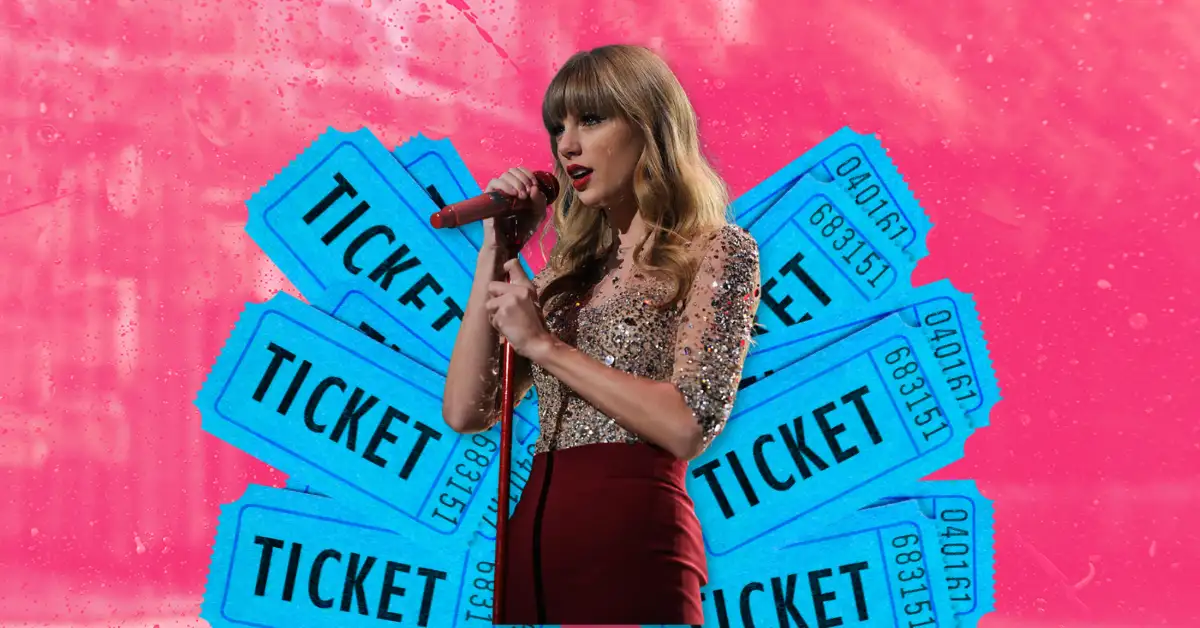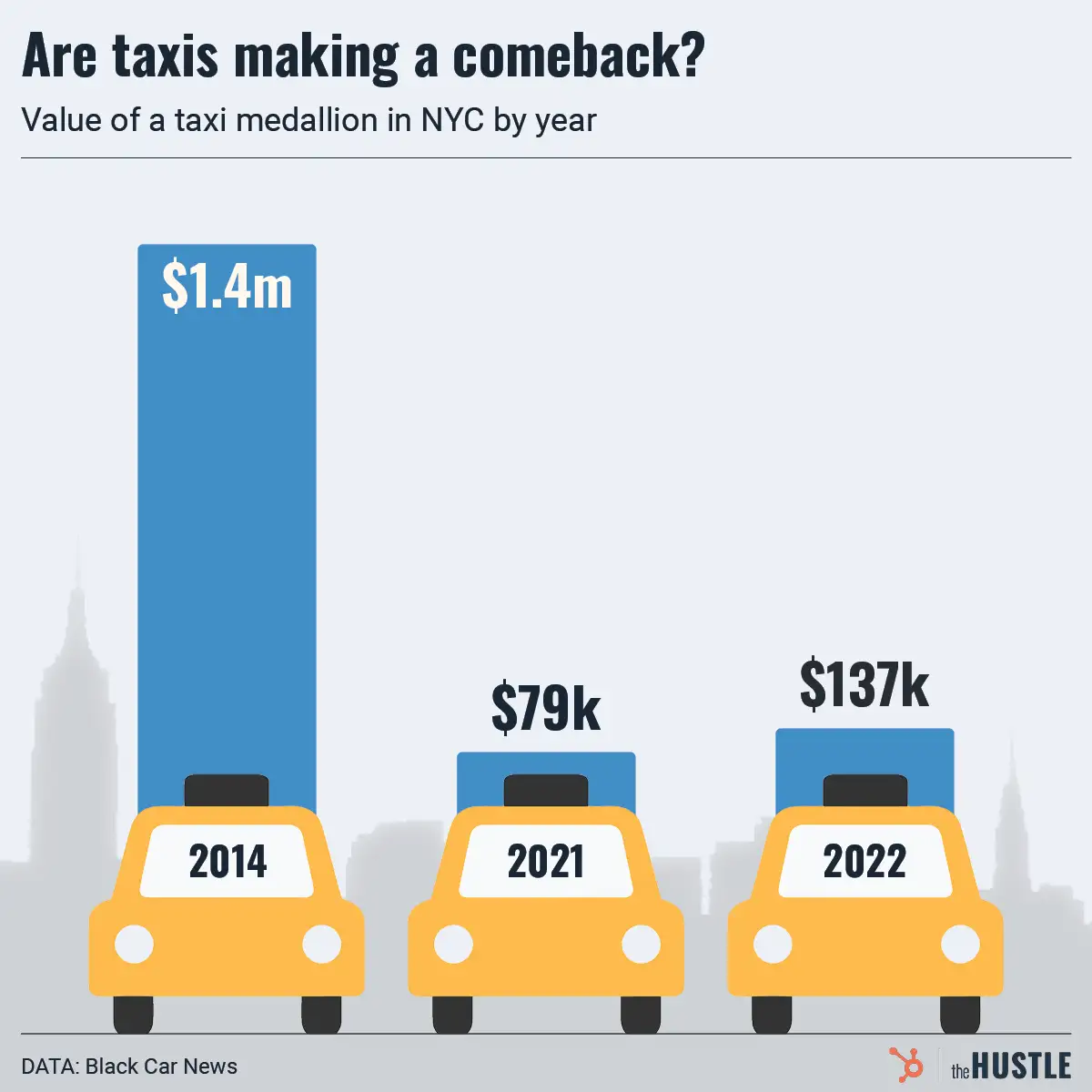Feel like no one is hitting you up in quarantine? You aren’t alone.
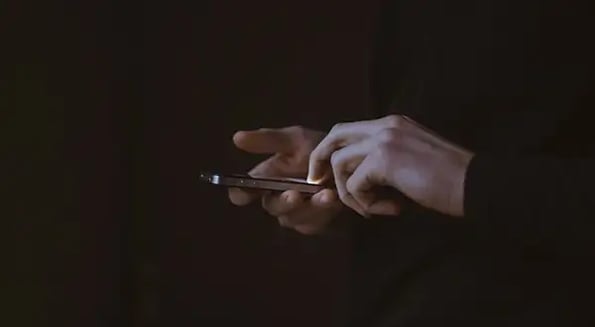
Times are so tough that even trusty spam callers — you know, the ones with the numbers only a few digits off from yours — have started ghosting.
The spam-call blocker YouMail says that only 2.9B robocalls hit US phone lines in April — down significantly from March (4.1B) and February (4.8B).
There are 2 big reasons for this slide:
- Tons of robocalls originate from call centers — and with offices closed, they’re going dormant.
- To cut down on COVID-19 scams, the FTC is stepping up enforcement. Complaints to the agency have fallen 60%.
Stop calling, stop calling, I don’t want to talk anymore
Celebrate this victory now, because in a few months, your telephone might start blowing up like Lady Gaga and Beyoncé’s.
The Supreme Court is deliberating over a big robocall case, and at its heart is the question, Are robocalls free speech?
Here’s the thing: These unsolicited calls are already illegal. Our entire economy of blocking robocalls is built around the Telephone Consumer Protection Act of 1991, which stops spam calls from flooding your cell.
There are a couple of exceptions to the TCPA — debt collection, for one, and emergency calls from the government — but if SCOTUS decides to strike it down entirely, we might be in for a new torrent of spam calls.
On the bright side: At least then we’ll finally understand what Beyoncé meant when she said, “Sometimes I feel like I live in Grand Central Station.”

